Australia was shaken by a series of alarming incidents recently. The shocking attack on an inner-Melbourne synagogue, along with protests at an Israeli restaurant, sent ripples of concern through the community. Victoria Police swiftly launched investigations into these disturbing events.
The East Melbourne Hebrew Congregation, a historic synagogue, became the target of a deliberate fire that ignited during a peaceful Shabbat dinner. Fortunately, no one was hurt as the flames were contained to the front entrance. Acting Commander Zorka Dunstan emphasized the severity of the situation by stating that
“there’s no place in Australia for hatred or discrimination of any kind.”
As investigators delved into the motives behind these acts, another unsettling detail emerged – offensive chants and disruptive behavior at an Israeli-owned restaurant in Melbourne’s CBD. A group of around 20 protesters gathered outside Miznon Restaurant, shouting inflammatory slogans and causing unrest.
Dunstan revealed that arrests had been made in connection with the protest but refrained from confirming if it was directly linked to pro-Palestinian activism. The complexities surrounding these incidents underscored a pressing need for thorough examination and swift action.
In response to these distressing events, Alex Ryvchin from the Executive Council of Australian Jewry expressed deep concerns about the resurgence of antisemitism. He highlighted how such actions represented a troubling escalation towards the Jewish community and called for decisive measures to address this growing crisis.
Political leaders also voiced their condemnation and support for those affected by these acts. Prime Minister Anthony Albanese affirmed his stance against antisemitism, emphasizing that
“those responsible for these shocking acts must face the full force of the law.”
Home Affairs Minister Tony Burke echoed similar sentiments, denouncing antisemitism as “evil
” and reiterating strong governmental support for law enforcement efforts.
The broader implications of these incidents extend beyond immediate safety concerns to broader societal issues. Opposition leader Sussan Ley underscored how such occurrences shed light on a concerning trend of rising antisemitism within Australia. These sentiments were echoed by Victorian Premier Jacinta Allan who decried the attack as “
disgraceful
” and particularly egregious due to its timing on Shabbat.
Amidst national outrage over these events, Israel President Isaac Herzog condemned the attack as “
vile” and called for resolute action against such hate-fueled violence. The gravity of this situation reverberated internationally, highlighting not only cultural tensions but also global solidarity against discrimination in all forms.
As investigations unfold and communities grapple with heightened anxieties,
experts emphasize the need for unity and vigilance against bigotry.
These distressing episodes serve as stark reminders of ongoing challenges faced by marginalized groups worldwide.
In times like these, it becomes imperative for society to stand together against hatred and prejudice while upholding principles of tolerance and understanding across diverse communities.



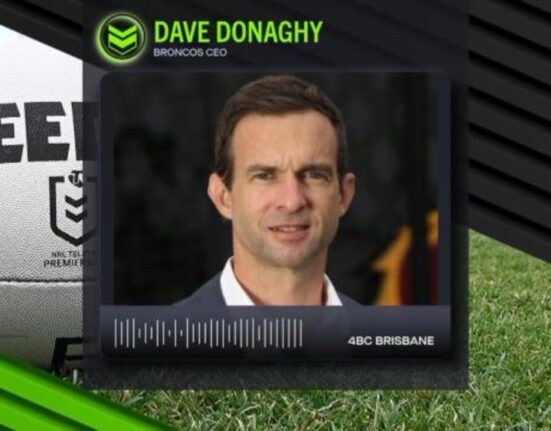
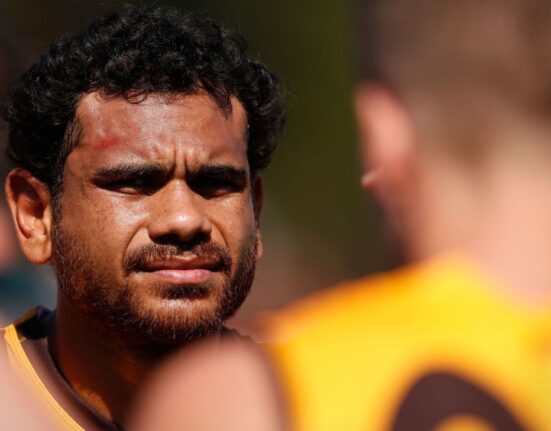
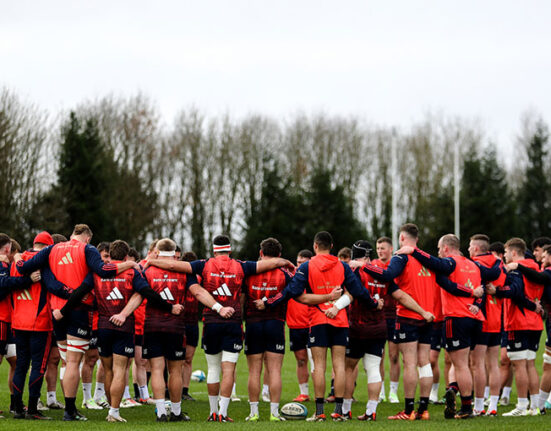
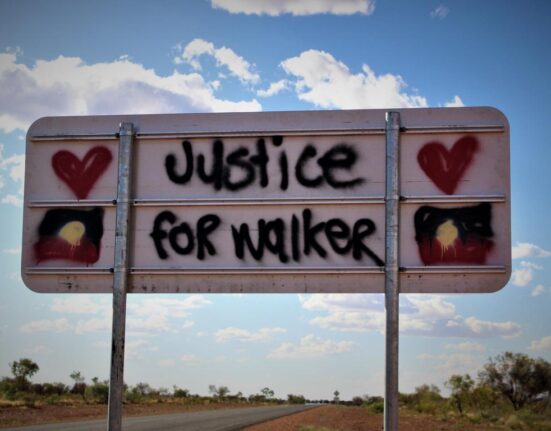

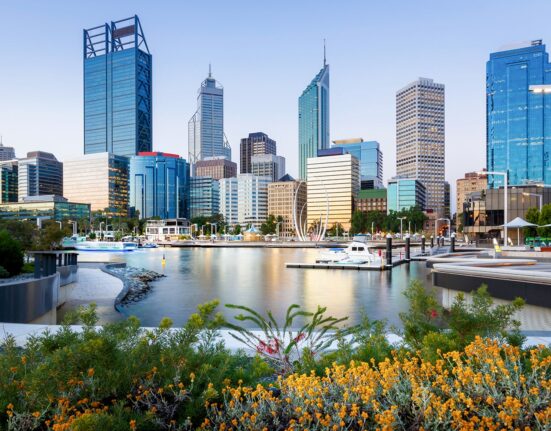
Leave feedback about this